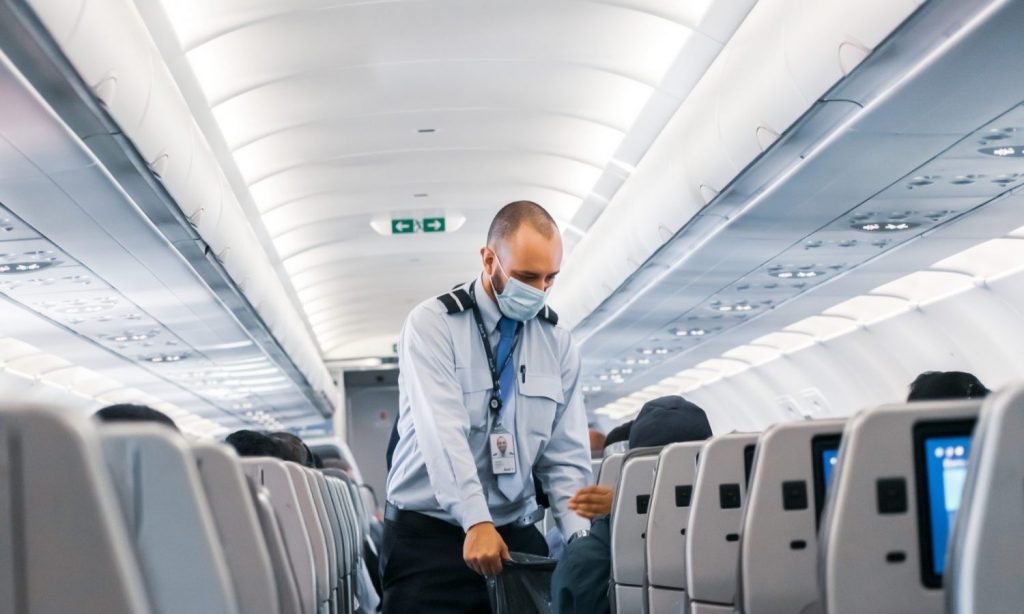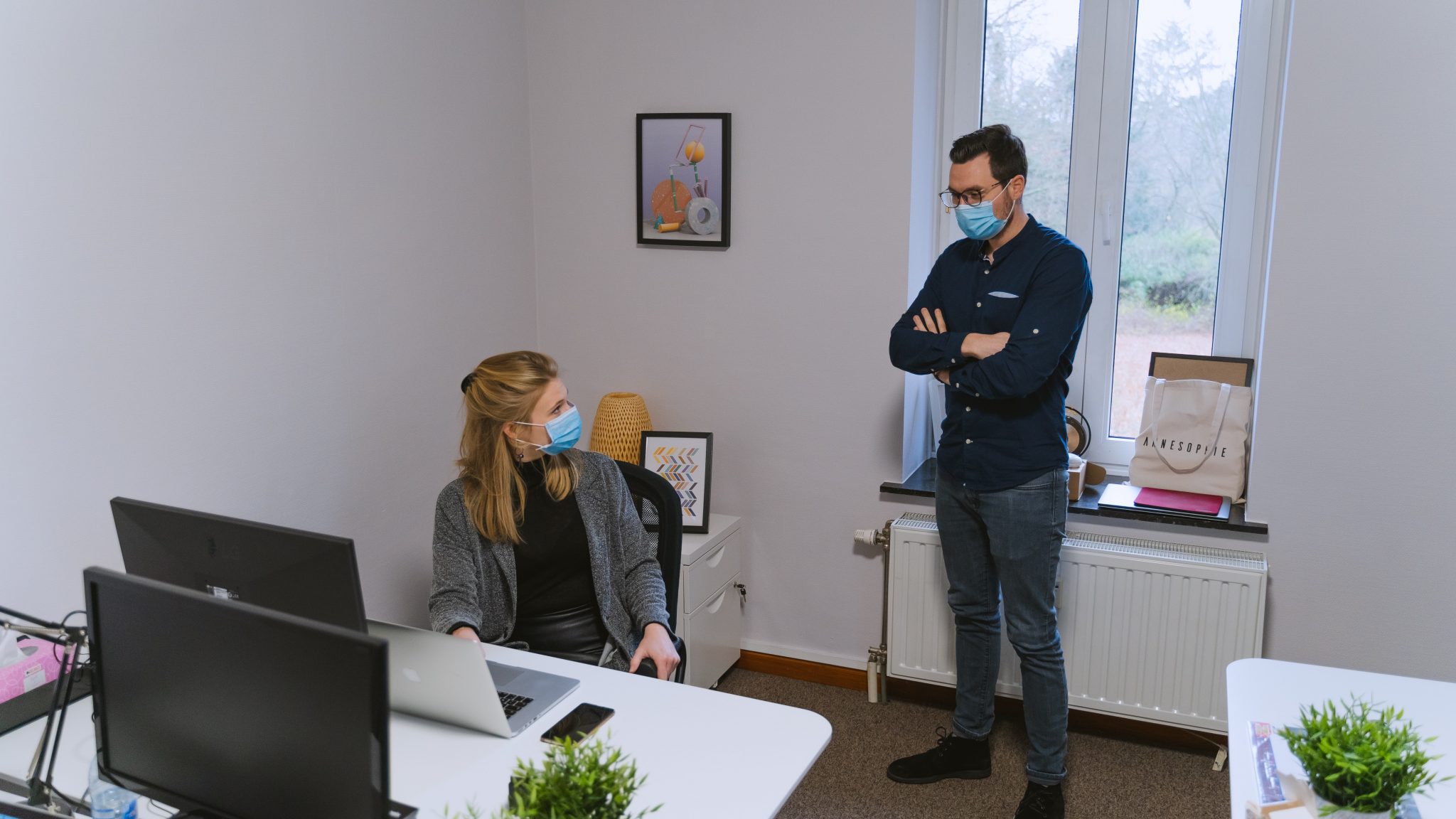Even if you’re exposed to COVID-19 you may not get an infection. Here’s how to know if you’re likely to get one, even if you’re asymptomatic.
If you haven’t had COVID-19 yet, you may not know if you’ve been in close contact with the virus. Maybe your coworker got diagnosed or your roommate. Still, were you in direct contact with them? Did you have an asymptomatic infection? There’s no real way of knowing, but whether you get an infection or not depends on a variety of factors.
The New York Times explains that what matters is not whether or not you were exposed to the virus, but the amount of it. In fact, what distancing guidelines and mask-wearing are meant to do is to reduce the amount of virus you come in contact with; a shield against something that you’ll presumably stumble into at some point or other.
RELATED: Labor Day: What The CDC Advises In Terms Of Travel & Social Gatherings

With the Delta variant in the mix and over a year of pandemic life under our belts, it’s very likely we’ve interacted with the virus to some degree. Whether you’ve had the disease or not is up to your protective measures, the activity you were engaged in, and whether or not the person that gave you the virus was a superspreader or not — a mystery that seems to be linked to each person’s genetics.
“It really is so transmissible that I think there’s a high chance, depending on the community transmission rate in your area — if you have substantial or high transmission rate in your area based on the CDC definitions — that you may have been exposed,” infectious disease expert Monica Gandhi explained to The Huffington Post.
When people are exposed, they’ll get symptomatically or asymptomatically infected or their bodies will fight the infection off, which they likely won’t notice. Maybe if you feel down or tired and have been closely monitoring your symptoms, you might have fought off the illness.
RELATED: This Is One Of The Riskiest Things You Can Do With The Rise Of The Delta Variant
Does exposure mean you have stronger protection against the virus? Scientists don’t know the answer to this yet, although it would make sense if it were true. Certain studies are exposing healthy young people to small amounts of the virus, hoping to understand how our bodies respond to these exposures and whether or not immune systems become stronger to the exposure. Still, there’s no way of knowing how the virus will affect you, especially considering how variable the disease has been depending on who it infects.
At this point, we’ve all likely come in close contact with the virus. Still, an infection is likely to happen the more we’re in contact with the virus. Measures like mask-wearing and social distancing can lower your odds of contracting the disease, but if you’re in a packed indoor space with poor ventilation, the odds are against you. Vaccinations are by far the most effective protective measures, even if breakthrough COVID-19 remains a possibility.


